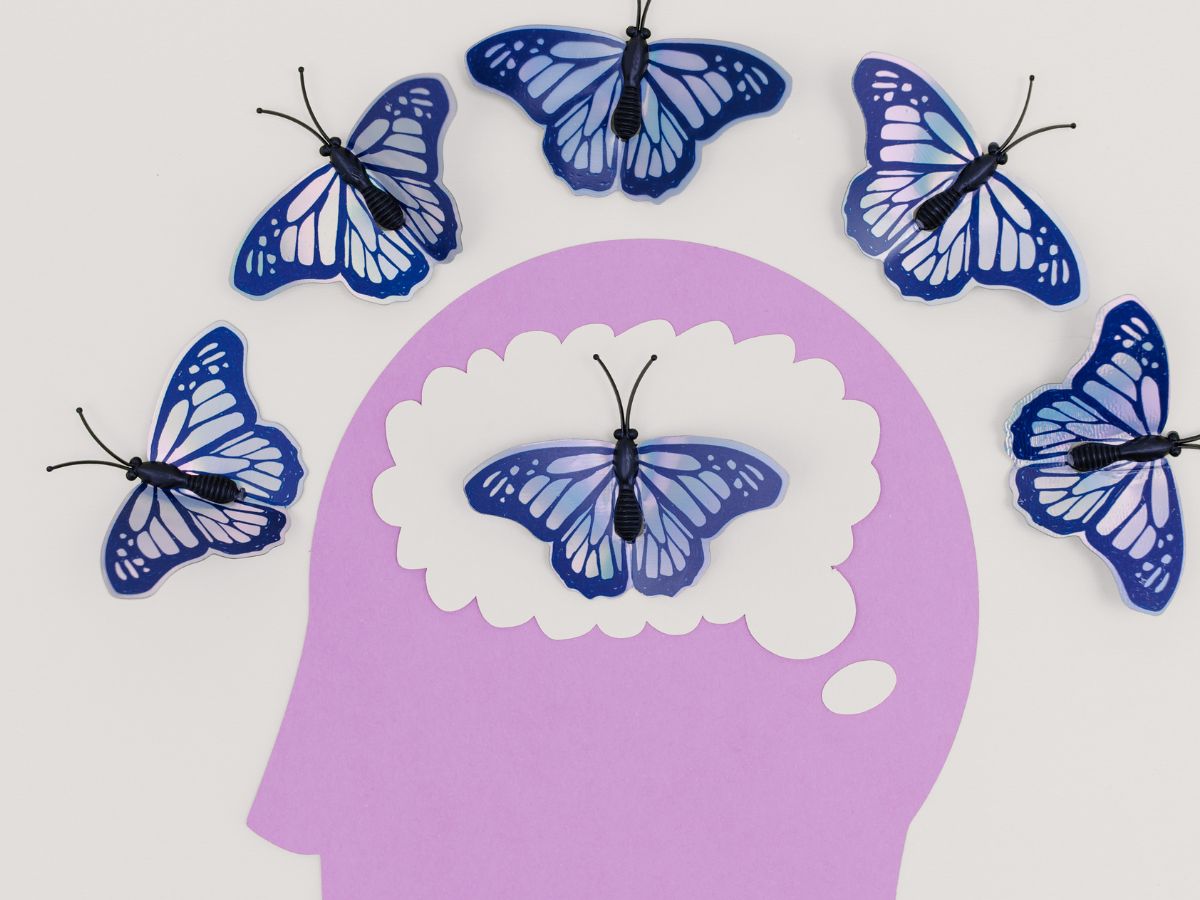When it comes to mental health, we often hear the term “OCD” casually used to describe someone who likes order or cleanliness. People might say, “I’m a bit OCD” because they colour-code their wardrobe or prefer their desk tidy. But true Obsessive-Compulsive Disorder (OCD) is a serious and often debilitating condition that goes far beyond neatness or perfectionism.
Understanding when perfectionism is simply a personality trait, and when it signals a need for OCD therapy, can make an enormous difference to wellbeing.
This article explores the differences between perfectionism and OCD, the symptoms and common compulsions that can indicate something more serious, and how therapy can help individuals reclaim their lives.
Perfectionism is a personality trait where a person strives for high standards, sometimes excessively so. Perfectionists may worry about making mistakes, spend extra time reviewing work, or hold themselves to rigid standards. While this can create stress or anxiety, perfectionism alone does not necessarily interfere significantly with daily life.
OCD, on the other hand, is a diagnosable mental health condition characterised by obsessions and compulsions. Obsessions are intrusive thoughts, images or urges that cause anxiety. Compulsions are the repetitive behaviours or mental rituals a person feels driven to perform to reduce distress or prevent a feared event. OCD is one of the recognised anxiety disorders, and it often requires professional OCD treatment to manage effectively.

OCD manifests differently from person to person, but some of the most common compulsions include:
• Excessive handwashing or cleaning
• Repeatedly checking locks, appliances, or personal items
• Ordering and arranging objects until they feel “just right”
• Counting, tapping, or repeating words or phrases mentally
• Seeking reassurance from others repeatedly
Obsessions, or intrusive thoughts, might involve:
• Fear of contamination or harm
• Worrying about causing an accident or injury
• Unwanted aggressive, violent, or sexual thoughts
• Disturbing doubts, such as questioning whether something has been done correctly
While perfectionists may re-read an email to ensure accuracy, someone with OCD may spend hours rewriting it due to overwhelming doubt and anxiety. This is the difference between a habit of striving and a compulsive behaviour driven by fear.

Recognising the symptoms of OCD is the first step towards getting help. Indicators that point to OCD rather than simple perfectionism include:
• Spending more than an hour a day on obsessions or compulsions
• Avoiding people, places, or activities due to fear or anxiety
• Severe distress caused by intrusive thoughts
• Rituals that disrupt work, school, or relationships
• A strong sense of relief only after performing a behaviour
Left untreated, OCD can worsen and even lead to depression, relationship breakdown, or an inability to work. This is why timely access to OCD therapy is so important.

There is strong evidence that behavioural therapy, particularly Cognitive Behavioural Therapy (CBT) with Exposure and Response Prevention (ERP), is highly effective in treating OCD. ERP helps individuals gradually face their fears without resorting to compulsive behaviours, reducing anxiety over time.
Other therapeutic approaches may also support recovery, such as mindfulness-based therapy or working with a psychologist to explore underlying factors contributing to anxiety. In some cases, medication may be used alongside therapy, particularly for individuals with severe symptoms or co-existing conditions such as depression.
At The Eaves, our practitioners are highly trained in evidence-based OCD treatment. We offer tailored therapy for individuals, couples, and families, ensuring that each person receives the care best suited to their situation.
Living with perfectionism can be frustrating, but it rarely prevents someone from functioning in daily life. Living with OCD, however, can be exhausting. People with OCD often describe feeling trapped in a cycle of repetitive thoughts and compulsive behaviours, knowing their actions don’t make sense but feeling powerless to stop.
The shame and secrecy surrounding OCD can worsen its impact. Many people delay seeking help because they fear judgement. Recognising OCD as a legitimate mental health condition — and not just a quirk of personality — is crucial.

If you or someone you know experiences:
• Persistent intrusive thoughts
• Compulsions that take up significant time each day
• Anxiety that feels unmanageable
• A sense that rituals or routines control life rather than support it
…it may be time to seek professional OCD therapy.
At The Eaves, we make it straightforward for clients to access support. Whether you choose to self-refer, come through your GP, or are referred by an employer or school, we can connect you with a highly qualified counsellor, psychotherapist, or psychologist.
We work with individuals of all ages, as well as couples and families.
Our services include:
• Individual therapy for those struggling with OCD or other anxiety disorders
• Child and adolescent support for young people showing early signs of OCD
• Couples and family therapy to help loved ones understand and support someone with OCD
• Flexible sessions, including evenings and weekends, to suit busy lives
OCD can feel overwhelming, but the right therapy can help break the cycle and restore hope.

It can be tricky to distinguish between perfectionism and OCD, but the impact on daily life is often the clearest sign. If your routines or obsessions and compulsions are consuming significant time or causing distress, you may be dealing with a form of OCD rather than simple perfectionist tendencies.
Seeking professional support isn’t a weakness, it’s a step towards regaining freedom.
Therapy works, and help is available. If you or someone you care about may be struggling, consider reaching out to The Eaves today. Our team of skilled therapists are here to help you navigate OCD and start building a calmer, healthier future.
If your perfectionist habits are causing significant anxiety, take up large amounts of time, or involve rituals you feel compelled to repeat, it may be OCD rather than just a personality trait. A professional assessment can help you clarify the difference.
While symptoms may lessen at times, OCD rarely disappears without treatment. Therapy, especially Cognitive Behavioural Therapy (CBT) with Exposure and Response Prevention (ERP), is proven to be the most effective way to manage and reduce OCD symptoms.
No. While cleaning and organising compulsions are common, OCD can involve many other themes such as fears of harm, intrusive sexual or aggressive thoughts, or needing things to feel “just right.”
Our therapists use evidence-based approaches such as CBT with ERP to help clients face fears gradually, reduce compulsive behaviours, and manage anxiety. Sessions are tailored to each individual and may also include mindfulness-based techniques or family support where needed.
Yes, OCD can affect people of all ages, including children and adolescents. Early signs may include excessive reassurance-seeking, repeated checking, or avoiding certain situations. At The Eaves, we offer specialised support for young people and their families.